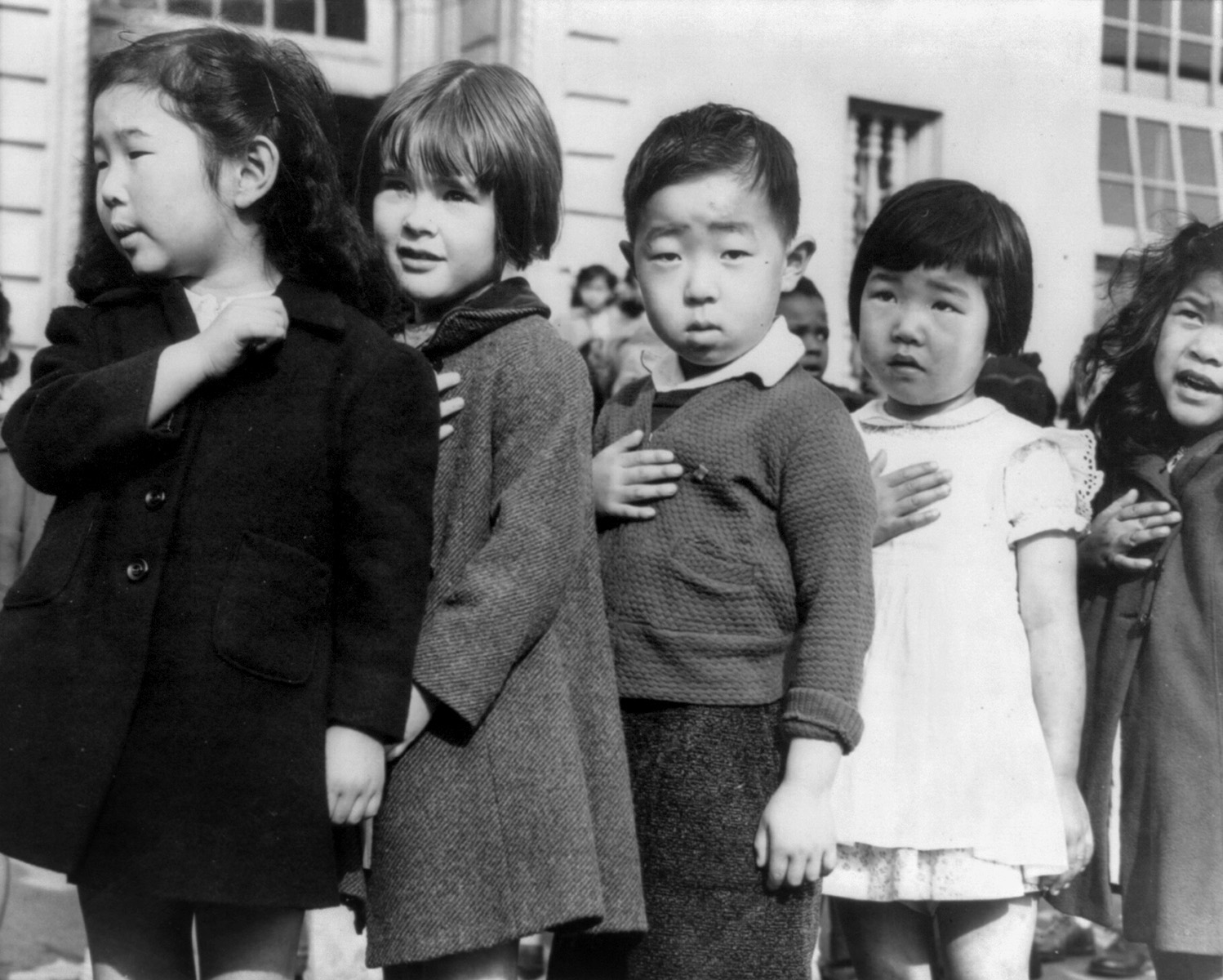
The history of citizenship has often been linked both to the western Canon and to the rise of liberal democratic states, a connection which is itself the product of a particular lineage of teaching political philosophy and theory. This course will challenge students to re-examine this association in a critical light by revisiting changing conceptions of citizenship in twentieth-century European and global history. We will begin with two prominent critiques of the European tradition of political thought, which were launched in the wake of the First World War. From there, we will look back at the chief characteristics which had turned modern European and North American universities into global centres of the institutionalised study of citizenship and political obligation. In subsequent case studies, we will investigate alternative conceptions of civic consciousness, including competing ideas of rural self-government at the time of the Russian revolutionsand in the early USSR, ideas of municipal self-government and the revival of cities in Americanand Germanpolitical thought, the conceptualisation of denationalization and naturalisation entailed in the Nazi understanding of the Volk, postimperial forms of citizenship in the Anglophone and Francophone worlds, and competing conceptions of citizenship in the Cold War.
